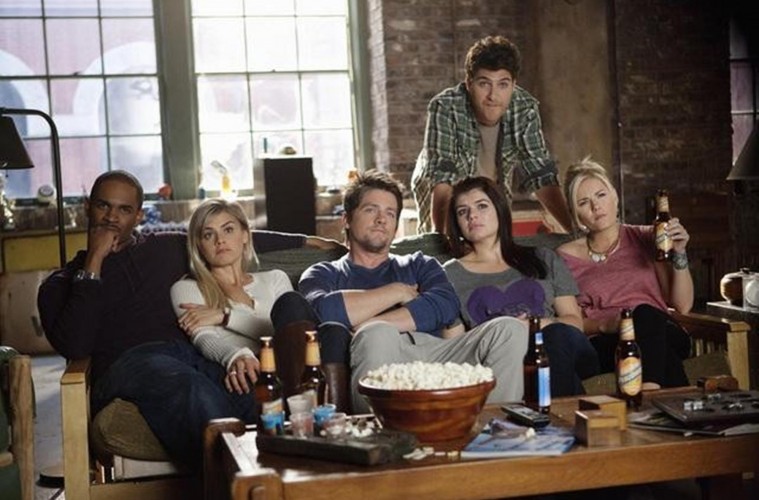I love a good situational comedy. A half hour of hilarious hijinks and word play—what’s not to enjoy? And as a near-lifelong consumer of sitcoms, I feel I have the utmost authority to say that sitcoms are failing viewers in a major way. In fact, sitcoms as a whole really need to get their shit together.
This isn’t an attack on comedic caliber. For the most part, a sitcom’s ability to crack me up has gone unchanged. The thing that’s sticking in my craw is how writers clearly care more about setting up a joke than building a cohesive universe. The people responsible for my favorite characters are forgetting an integral part of their job: the story.
Consider this scenario: You’re watching an episode of a show you’ve followed for several seasons when, partway through, you realize the episode’s driving force is inconsistent with something established in a previous season. It could be contradicting a throwaway line or completely forgetting a major plot point. Either way, a character has a sibling you’ve never heard of (who will subsequently never be mentioned again), and you are rightfully jarred.
This phenomenon, this inability to observe a show’s self-imposed canon, is not something we tolerate in dramatic shows. HBO’s Game of Thrones has one of the most loyal fandoms, but viewers were not on board for how many actors have portrayed Gregor “The Mountain” Clegane (three). Yet we let sitcoms get away with this atrocity from episode to episode, season to season. Why are we so ready to accept non-canonical situations simply because it will make us laugh?
One of the biggest offenders is How I Met Your Mother. Let’s table how the series finale took the previous nine years’ growth into a poorly lit alleyway and shot it in the face. I’ll even ignore that no one knows how to pronounce Robin’s last name (not even Robin!). But how exactly did Barney become Barney? Did he find a suit sale flyer the same night his girlfriend Shannon left him? Did he simply model himself after the suited-up businessman she cheated on him with? Did he stay a crunchy, granola hippie until losing his virginity to the Man Maker turned him into the cocky idiot I knew and loved? All those scenarios were introduced in separate episodes! In season one, Marshall declares that he’s never been in a fight before; three seasons later, he is a veteran of the beat down because of all the roughhousing he did with his brothers as teens. And those are just examples off the top of my head.
HIMYM is not the only culprit. I stopped watching The Big Bang Theory because, while I still found it funny, it was clear storylines were secondary. Sure, Penny and Leonard got engaged, and Raj can speak in front of women now, but the show writers couldn’t let go of the “will they/won’t they” tension from the early seasons. They also relied too heavily on personality swapping, like Penny becoming the studious one while Amy and Bernadette cut loose. Ugh.
The sitcom I hold in the highest reverence—the sadly canceled Happy Endings—wasn’t error-free either. Married couple Brad and Jane met in college, right? Or was it when she visited her friend Max on his unaired season of The Real World, where Brad was a cast member too? Resident single-girl Penny’s father left her and her mother when she was a kid, and she didn’t see him again until she’s getting ready to get married over two decades later. Yet she knows that he got bangs two years after her parents’ divorce? Something just doesn’t add up.
This situation is horribly distracting to me. Perhaps it’s because I’m a reader before anything else, so I’m judging shows the way I judge a book. But I know I’m not alone. People love cohesion! Just look at how Marvel is dominating DC in TV and film. The home of the Avengers adheres not only to the stories actively being created but the source material as well; Gotham City’s creators won’t even bring the TV actors into the movies. Fans take this difference to heart, and sitcom writers should heed that. People want humor and consistency equally, and their desires should be taken seriously.
I won’t decry all instances of fishing for laughs. Jokes not grounded in a show’s history can be amazing. But if sitcoms want to maintain or even enhance their viewership, they need to make the shift toward cohesion. We deserve better TV. And since I’m years away from creating the world’s greatest sitcom, it’s time for TV writers to stop being lazy storytellers and start acting like they give a damn.
Featured image via BuddyTV.


